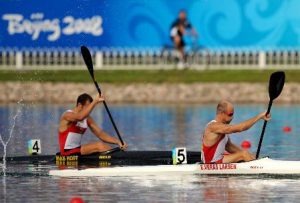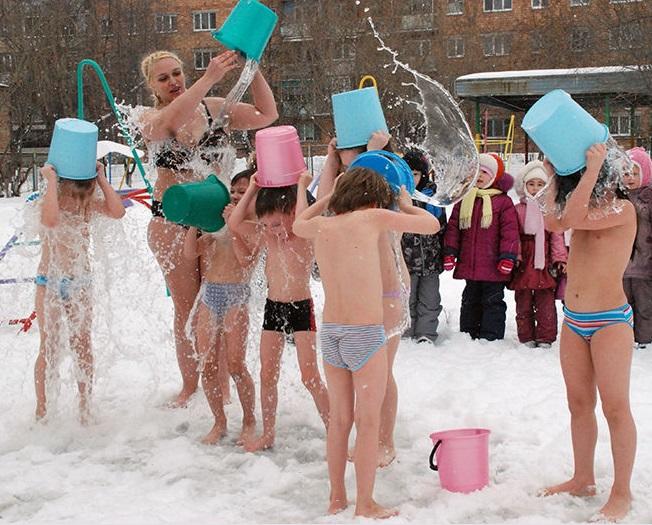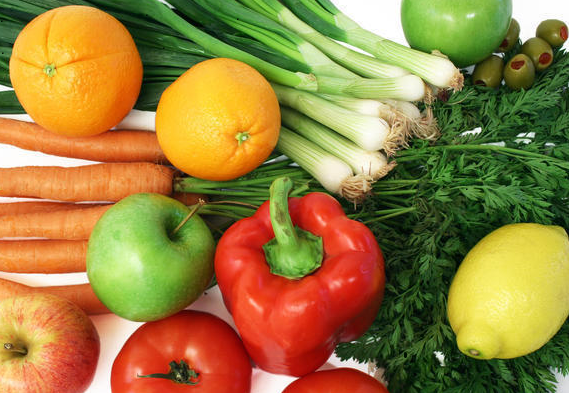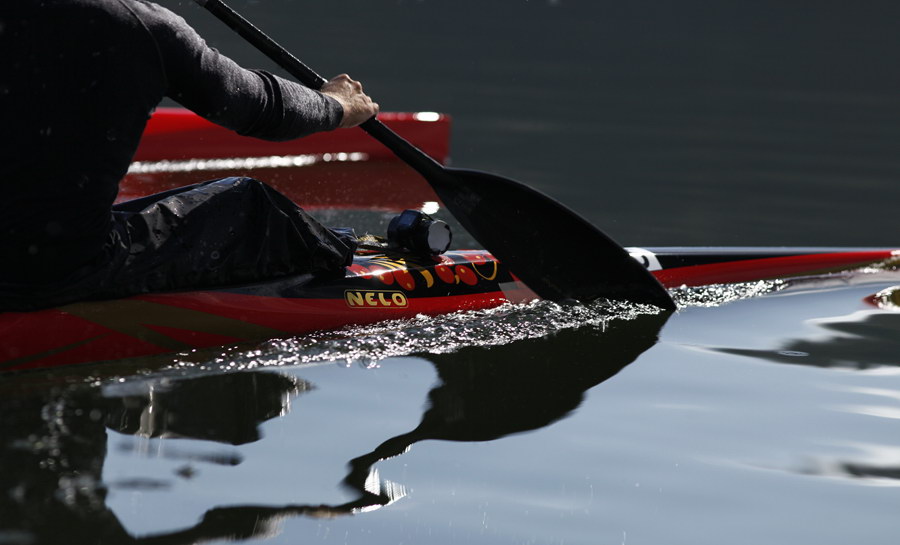Recovery rower between starts
 Recovery rower between starts
Recovery rower between starts
One victory is good, but two is even better, but at the same time more difficult. If the finish is conquered twice on the same day, it means that the athlete managed to recover between the starts. Rest for muscles, glycogen stores, control of emotions – this and something else has to be taken care of in a matter of hours. Restoration “here and now” to win again – along with CanoeSport.
Urgent rehabilitation can and should begin immediately after the end of the race. All restoration activities have a time frame, and in the first place should be engaged in energy saturation. Restoring a rower between starts has other goals:
– elimination of oxygen debt;
– removal of metabolic end products from the body;
– psychophysiological correction;
– prevention of maladaptation (overvoltage) of various organs and systems.
Double wins
An example of several victories in one day was demonstrated by Ivan Shtyl. At the 2010 World Championships in Poznan, the 24-year-old canoeist was the first in the canoe singles and relay and the second in the pair. It is worth noting that the awards were won at a two-hundred-meter distance on the very last day of the championship.
At the Olympics in Beijing in 2008, 32-year-old Norwegian Erik Larsen participated in two races during the day, one of which brought him silver: 1000 m, single kayak (time: 3: 27.342). Max Hoff also knows the secrets of quick recovery. In 2011, at the World Championships in Szeged (Hungary), this athlete 2 times climbed to the highest step of the podium for winning 5,000 meters (single kayak) and 1,000 meters (kayak-four).
Such amazing results are subject to the fair sex. In 1960, in Rome, 30-year-old kayaker Antonina Seredina won two gold Olympic medals. Only an hour and a half passed between the final races of the kayak-twos and singles!
Pharmacology
Sports medicine often suggests using pharmacological agents for emergency recovery of an athlete: minerals, adaptogens, energetics, immunomodulators, vitamins, antihypoxants, etc. Here are their use and tools designed to reduce the concentration of lactic acid in the muscles, and those that cause the products of metabolism quickly excreted from the body with lymph.
Medications developed by doctors:
– provide high contractility of muscle fibers;
– stimulate metabolic processes in the nerve endings and in brain cells;
– stimulate the processes of cellular respiration;
– prevent the occurrence of metabolic disorders during the competition, etc.
This path is dangerous and often leads to “doping scandals.” Medical intervention is risky and not always justified, since drugs have side effects that are not always taken into account in their use. In addition, many medical remedies have a serious effect on the body. Only an experienced, well-trained doctor, thoroughly aware of the characteristics and condition of an athlete, has the right to allow the use of drugs! Striving for victory, you should not risk your own sports career and health. Surgical recovery is possible without pharmacology.
Nutrition
Naturally, the athlete must give his body everything necessary for the maximum manifestation of its capabilities. When catering is especially important a clear interaction of athletes with coaches and doctors.
Requirements for the diet of “sprinters” and “stayers” are different. To win a long distance rower requires endurance, in other words, an impressive supply of glycogen. Loads in the race at a distance of 200 meters have a speed-power character with a maximum release of power, therefore, sprinters need to consume enough protein.
One of the leading experts in biochemistry and physiology of nutrition of athletes, Ph.D. in Biological Sciences Anatoly Ivanovich Pshendin formulated the tasks of nutrition between starts as follows:
Regulation of neuro-emotional stress;
Compensation for the loss of water and salts;
Supplying the body with energy and plastic substrates.
To solve these problems in the breaks between starts it is proposed to apply easily digestible dietary products and products of high biological value in liquid form in small quantities, as well as solutions of 4-10% carbohydrate-mineral drinks. The main dietary intake of food should take into account the timing of starts and the individual characteristics of the athlete’s digestive processes. Remember that the body will take at least an hour to assimilate even very light foods!
Psychological attitude
Much depends on the form the athlete is in during the competition. If the rower is at the peak – recovery is more successful and faster. Of course, competitive stress cannot be avoided in any case, so the will and character of the athlete, as well as his motivation and psychological attitude, are important.



